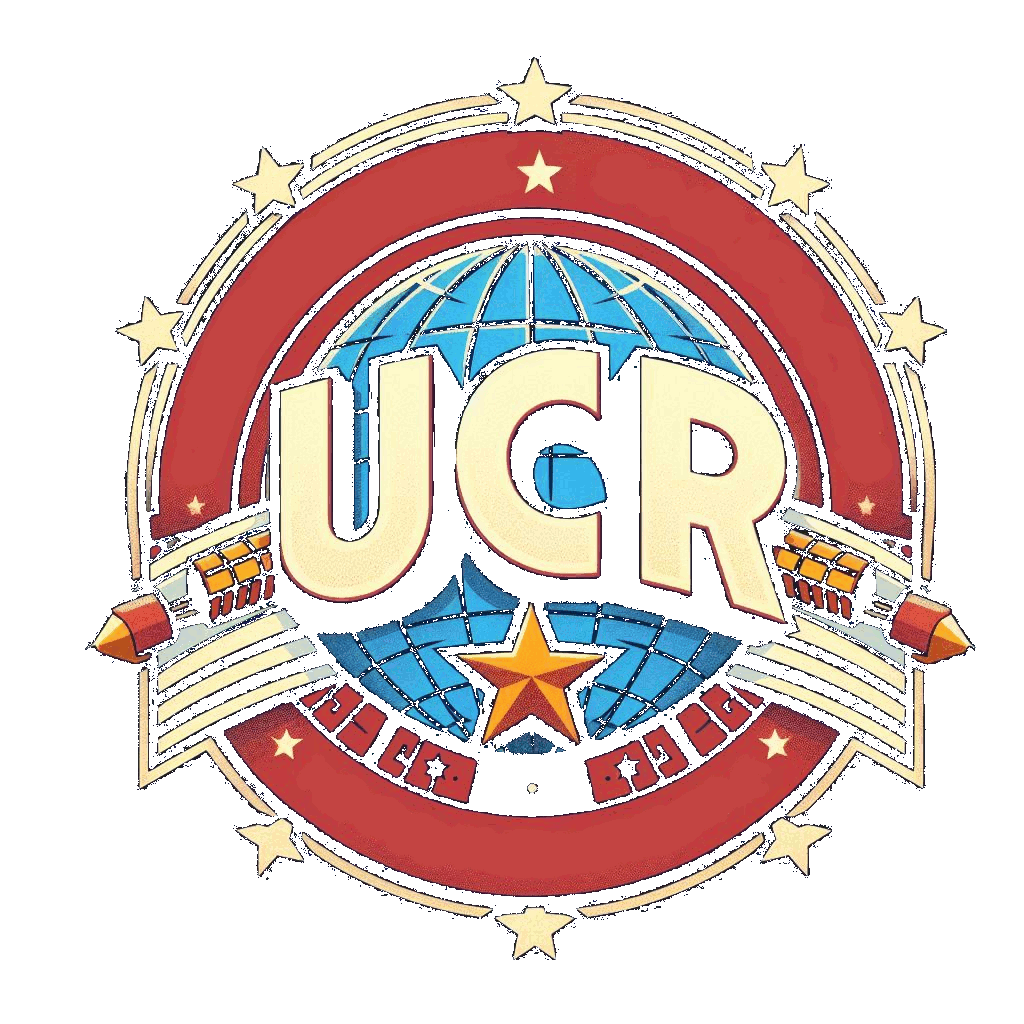
- This event has passed.
19TH ANNUAL COMFOR CONFERENCE 2024 IN GRONINGEN: “GRAPHIC MEDICINE”

9th annual ComFor conference 2024:
“Graphic Medicine: Communicating Illness and Health Through Comics”
23-25 October 2024 at the University of Groningen,the Netherlands
Organizers: Janina Wildfeuer and Barbara Postema (University of Groningen)
We are very pleased to announce that the keynote speakers for the conference will be:
Irmela Krüger-Fürhoff (Freie Universität Berlin),
Lisa El Refaie (Cardiff University), and
Erin La Cour (Vrije Universiteit Amsterdam).
In addition, we will be joined by guest artists Mark Hektor and Mo Qasem.
Initiated in 2007, the area of study called “Graphic Medicine” has developed into an impressive field of research that is today broadly understood as “the intersection of the medium of comics and the discourse of healthcare” (Czerwiec et al. 2015). As a discipline, it understands itself as an “emerging area of interdisciplinary academic study” including both theoretical and methodological developments from several disciplines connected to comics studies as well as practical insights and applications from medical practitioners in the healthcare context. As Squier notes, many different areas of academic scholarship prove to be relevant to the field: “While graphic medicine may seem most closely tied to the medical humanities, a closer look will reveal its relevance to fields of engaged scholarship beyond the medical or health humanities. This category includes women’s studies, environmental studies, disability studies, and science and technology studies, as well as critical race studies, queer studies, and animal studies. Each of these areas has a mandate for real-world commitment and engagement that comics can serve well” (Squier 2015: 43).
Furthermore, in public health, good communication skills are key for effectively mediating between professionals and laypeople. Conveying information clearly is a strong pillar of support and trust. Health and science communication therefore can be major considerations in the scientific as well as practical contexts of complex graphic narratives that combine the visual elements of comic art with narrative and informative aspects of medicine. Multiple formats of comics can be put to work in this endeavor, since they “could include graphic memoirs of illness, educational comics for both students and patients, academic papers and books, gag strips about healthcare, graphic reportage, and therapeutic workshops involving comic making, as well as many other practices and source material, both fictional and non-fictional” (https://www.graphicmedicine.org/why-graphic-medicine/). Thus, Graphic Medicine is described as being remarkably accessible and engaging, in part because it can capture individuals’ emotional experiences, as a patient or caregiver, and clarify processes and
sensations related to the clinical side of (mental) illness and health. In fact, comics in particular have not only proven to strengthen the comprehension and retention of health education information (Leiner et al. 2018), but also show themselves to be particularly approachable in comparison with other media due to their ability to structure information in manageable steps (Kearns et al. 2021).
This conference will bring together theoretical and methodological developments on Graphic Medicine, as well as practical insights and applications, and hopes to offer a fruitful place for discussion
and critical evaluation of the field and its most recent developments and insights.
Guiding questions and topics:
● What are the benefits of Graphic Medicine for patients, healthcare professionals, creators, and
the general reading public? What are the challenges?
● Does Graphic Medicine need special ethical considerations?
● Can Graphic Medicine be fictional? Are there genre or format limitations for Graphic Medicine?
● Which media specific components of comics and graphic narratives are particularly suited for
health-related information to be conveyed?
● Which semiotic modes, (multimodal) metaphors, frames or other aspects of Graphic Medicine
provide ways of effectively relaxing health messages?
● Which methods of creating and drawing comics are needed to implement Graphic
Medicine as practice in science learning and health promotion?
● Graphic Medicine for Scholarship, Graphic Storytelling and Medical Narrative
● Graphic Pathography
● Iconography of Illness
● Practical applications of Graphic Medicine
